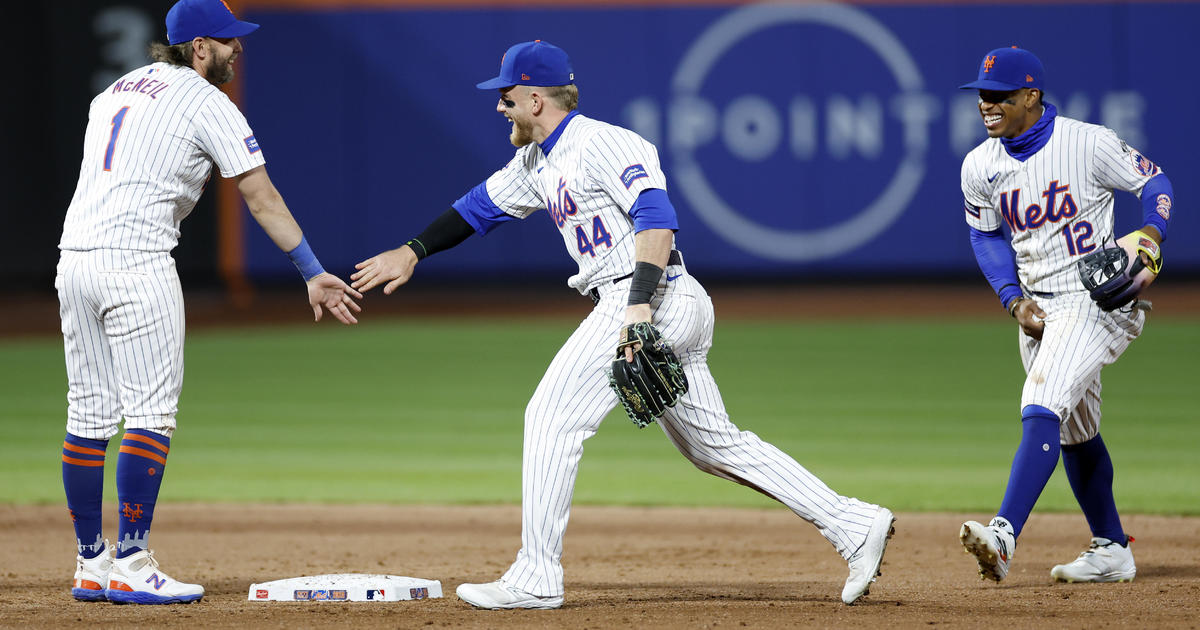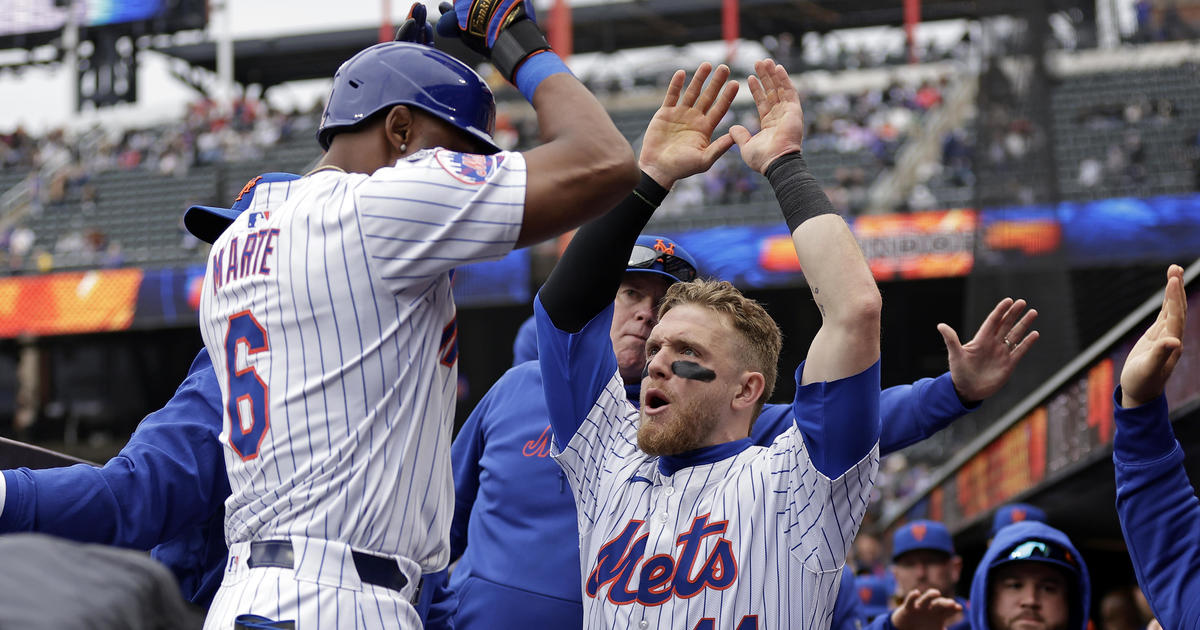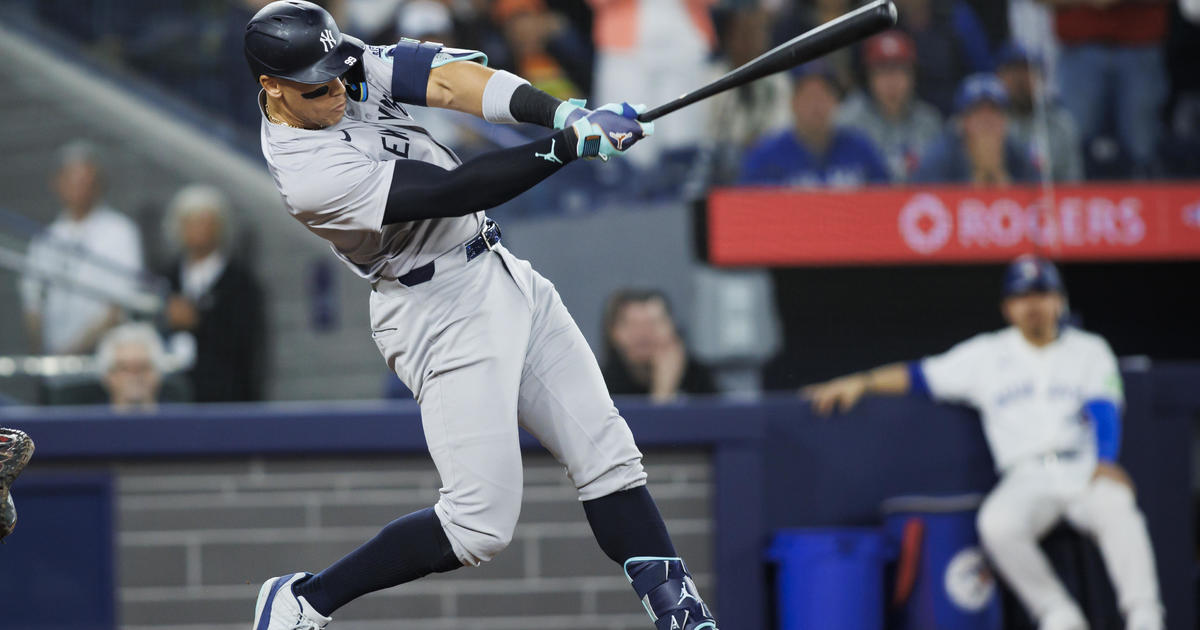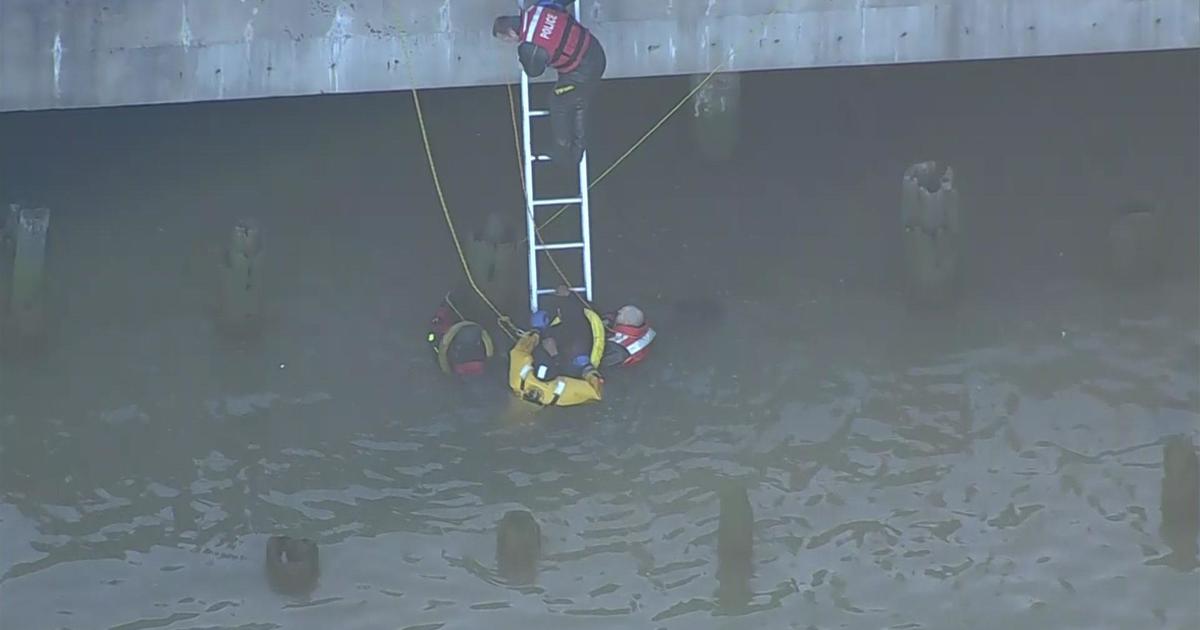Silverman: Chargers' Move Will Leave San Diego Fans Forever Heartbroken
By Steve Silverman
» More Columns
Don't think for a second that it doesn't matter.
The San Diego Chargers have started the packing process, are moving up the coast to Los Angeles and will call the city where they started their existence in 1960 home again.
The Chargers spent the initial 1960 AFL season in the City of Angels before they put San Diego on the sports map. That city did not have any major league teams until the Chargers moved there in 1961, and they weren't joined by baseball's Padres until 1969.
The Chargers gave the beautiful, livable city a big-league identity, and the team was beloved for 56 seasons. While many of those years were spent near the bottom of the AFC West, there were seasons when this team was special.
Throughout the early years of the AFL, a brilliant coach named Sid Gillman put together a spectacular offense led by quarterback John Hadl, Hall of Fame wideout Lance Alworth and a pair of running backs in Keith Lincoln and Paul Lowe that had many of the elements of the West Coast offense that Bill Walsh would make famous nearly 20 years later.
The 1963 Chargers won the AFL title, and there were a few observers that believed that Gillman and the Chargers could have given the 1963 NFL champion Chicago Bears and coach George Halas a run for their money had there been a Super Bowl at that time.
MORE: The History Of Relocation In The NFL
The Chargers of the late '70s and early '80s were perhaps the most exciting team the game had seen up to that point. Hall of Fame quarterback Dan Fouts had receivers John Jefferson, Wes Chandler, Charlie Joiner and tight end Kellen Winslow, and they looked unstoppable at times. Their coach was an offensive guru named Don Coryell, and he learned his trade from Gillman.
The Chargers finally went to a Super Bowl following the 1994 season, when they were a more defensive-oriented team than their previous versions. Junior Seau led their attacking defense, and that helped them overcome an ordinary offense that had quarterback Stan Humphries at the helm. The Chargers were overwhelmed in the Super Bowl XXIX by the San Francisco 49ers, 49-26.
The Chargers never made it back to the big game, but their fans supported them every year. They built up a national following during the Fouts-Coryell years. But they were never able to secure a new stadium during their last 10 years in San Diego, so owner Dean Spanos decided to move them to Los Angeles.
Nearly all franchise shifts are painful for fans, and this is a bad one. The Chargers have been a fixture in San Diego since their days in ancient Balboa Stadium, and now they have moved up the California coast.
We rank this as a move that fits in the top 10 of franchise relocations, fitting in at No. 7, right after the Seattle SuperSonics' move to Oklahoma City to become the Thunder prior to the 2008-09 NBA season and the Minnesota North Stars' shift to Dallas prior to the 1993-94 NHL season.
Those were both painful moves keyed by greedy owners who lacked patience, an ability to work with local government and the convincing personality needed to keep local franchises intact.
The worst move still remains the one that is closest to home to most New Yorkers. When the Dodgers left Brooklyn following the 1957 season and headed to Los Angeles, they ruined baseball for many who were in their formative years and young adulthood in the late 1950s.
The Bums were beloved in their Flatbush Avenue home, and owner Walter O'Malley's decision to take them away was unforgivable in the eyes of many. The story is deep and complicated, as New York City planner Robert Moses would not help the Dodgers in their plans to build a new stadium that would have kept them in Brooklyn.
I know the story second-hand because I was born in 1956, and my 32-year-old father was a devoted fan of the team. He had loved his beloved Bums, with the Duke, Campy, Jackie, Pee Wee and big Don Newcombe leading the way.
As I started to get interested and fall in love with baseball, Mickey Mantle and the Yankees, I noticed a seething disinterest on his part when the Bombers were in the 1964 World Series against the St. Louis Cardinals. He would confess that he had no use for the Yankees, and while Mantle was a great player, he would never root for them.
That's when he began to tell the story of his pain of losing the Dodgers. As the years went by, he would play catch with me on the front lawn, teach me how to hit, manage my little league team and take me to my first game at Yankee Stadium.
That 1965 memory remains one of the best moments in my life.
He did all that even though his own baseball heart had been ripped in half. He was more of a football guy than anything, but when I reached my 20s, I realized that he and all of his generation had gone through some brutal pain over losing their team.
So that was the worst, followed by the Baltimore Colts leaving their home in the dark of night on a snowy night in 1984 for Indianapolis, and the Cleveland Browns' move to Baltimore after the 1995 season.
Both of those cities would get replacement teams, but the initial pain was brutal.
I rank the New York Giants' decision to leave the Polo Grounds and move to San Francisco at the same time as the Dodgers a few notches below the Dodgers. By the time they left, the Giants could not draw fans, and they were nowhere near as popular as their Brooklyn counterparts. It was still a selfish move on behalf of owner Horace Stoneham to accompany the Dodgers and move to the West Coast.
The Braves did not spend a lot of time in Milwaukee, but they were wildly popular when they moved there from Boston after the 1952 season. They won the 1957 World Series and returned the following season, but the promises of great riches in Atlanta led to a move to the Deep South after the 1965 season.
Milwaukee would not recover until they were able to secure the Seattle Pilots weeks before the start of the 1970 season -- the team would become the Milwaukee Brewers.
So, the Chargers are moving to Los Angeles. Don't think for a second that a franchise shift doesn't matter because the team is 3,000 miles away. Those people are hurting, much the way New Yorkers were hurting following the 1957 baseball season when its two beloved National League teams flew the coop.
Follow Steve on Twitter at @ProFootballBoy



